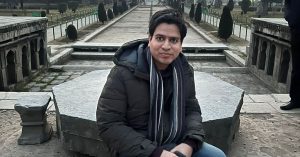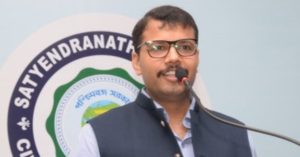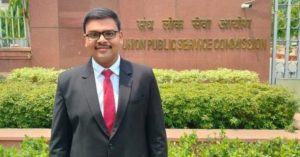Meet Coimbatore’s Youngest Commissioner, a Doctor-Turned-IAS with a Unique ‘Plan B’ Idea
“The five years of training in medicine helped me immensely. It gave me the ability to condense information and study in a very systematic manner. For example, if a chapter I was studying had about 25 pages, I was able to consolidate it all in workable points.”

For those preparing for the Union Public Service Commission (UPSC) examination, a backup career plan is something they would be loath to consider. Most such options would range from a corporate job to a government assignment.
For Dr K Vijaykarthikeyan though, his Plan B was medicine, while he was aspiring to be an IAS officer.
In conversation with The Better India, he speaks about appearing for the examination, the trials and tribulations during the period and what it’s now like as Commissioner, Coimbatore City Municipal Corporation.
As the city’s youngest commissioner, Dr Vijaykarthikeyan has achieved immense success in his short career span.
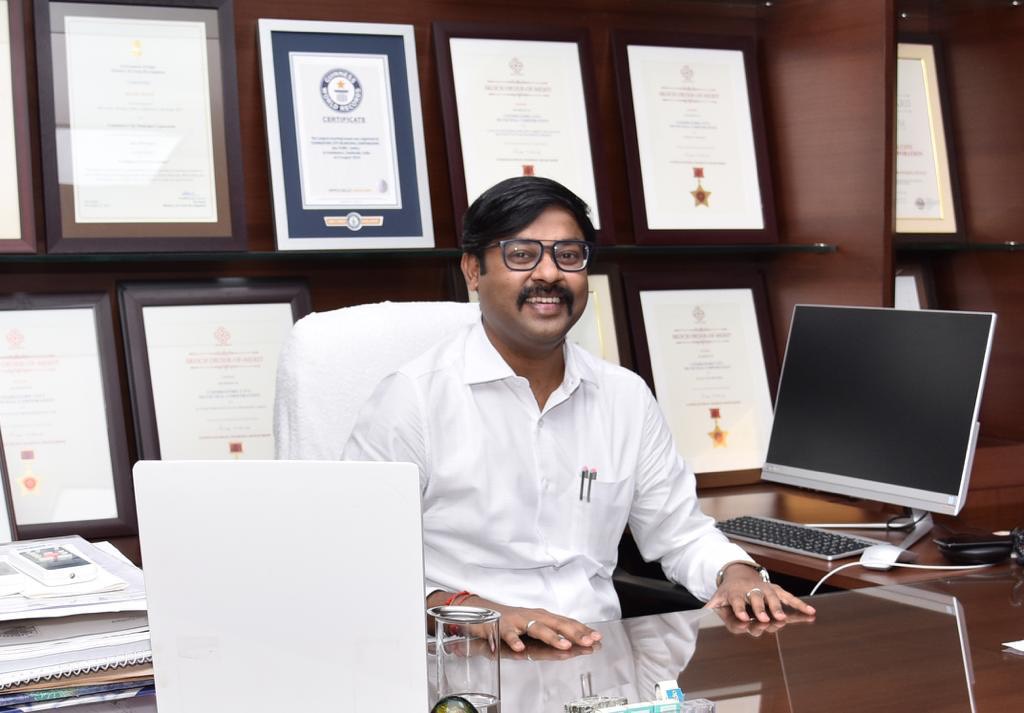
The author of several books, he explores the life of an IAS aspirant, Vishy, in his latest title Once Upon an IAS Exam.
Early motivation
Dr Vijaykarthikeyan’s father served in the Indian Forest Service and seeing him was one of the biggest motivations to join the service.
He says, “I saw him work relentlessly in the areas of tribal development and eco-tourism. I thought that the platform that the services provide is vast and one can do a lot once you get in.”
He continues, “I always knew that the examination was extremely difficult to crack and hence needed a plan B. Medicine also gave me that opportunity to interact with people and help in some way.”
Preparing for the examination
Having spent five years studying medicine, Dr Vijaykartikeyan was no stranger to hard work and long hours. After graduating from medical school, which by itself is a gruelling experience, he attempted the civil services examination, but unfortunately, was unable to clear it at the time.
He then realised that he needed a plan to succeed. On an average, he would spend seven to eight hours a day studying for the examination.
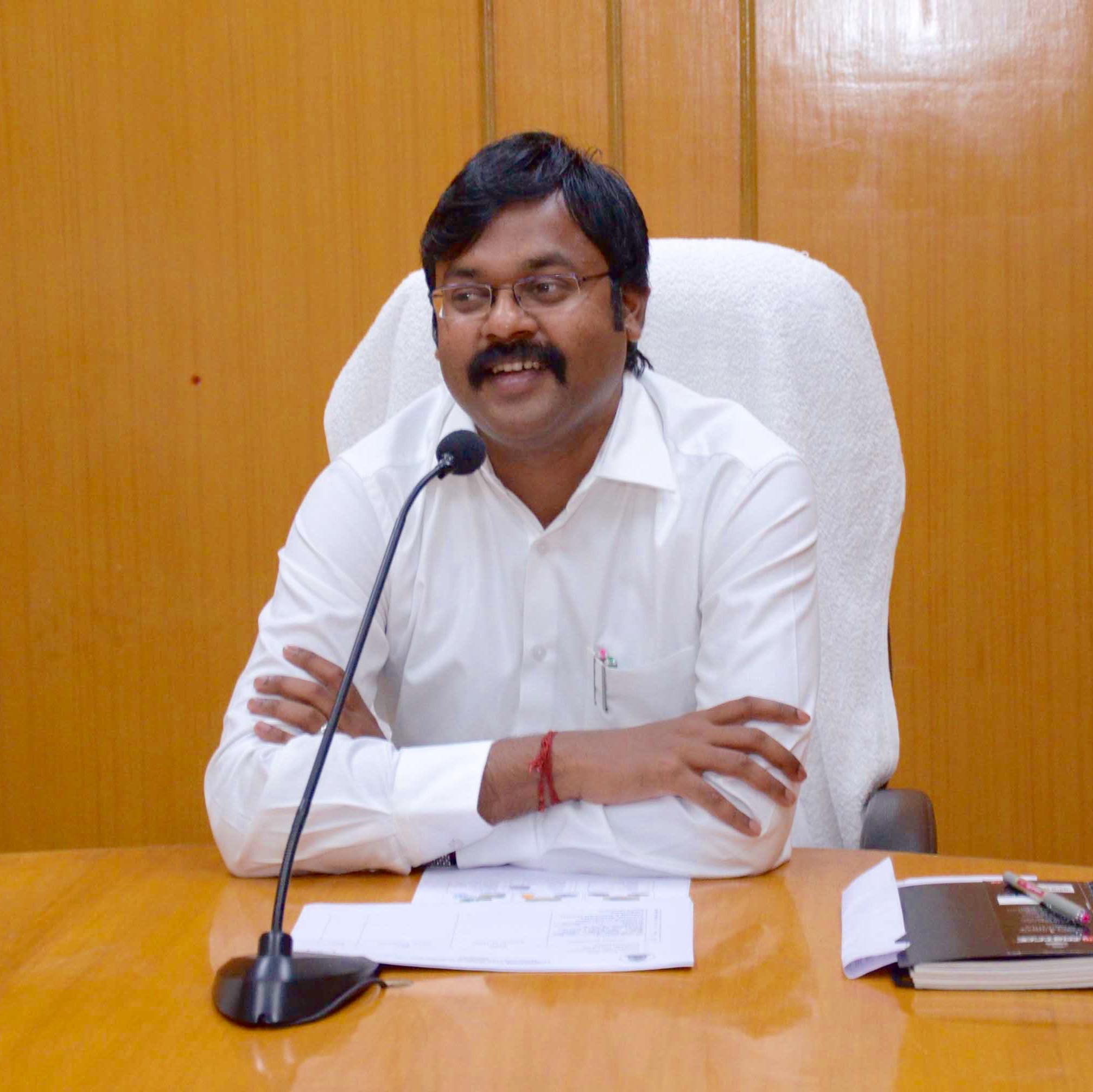
He believed that that knowing something of everything was what was needed in this examination. It is impossible for anyone to know everything about everything, and so this would be a better situation to be in, he felt.
He says, “The five years of training in medicine helped me immensely. It gave me the ability to condense information and study in a very systematic manner. For example, if a chapter I was studying had about 25 pages, I was able to consolidate it all in workable points.”
This also gave him the ability to remember something about everything more efficiently.
Importance of ‘people skills’
While he was studying medicine, he spent considerable time on personality development by attending quizzes and debates.
“It is extremely important to learn how to interact with people. Attending competitions is a key – debates, quizzes, public speaking, and creative writing, are all important. Being a part of the service, one gets to meet various kinds of people and the ability to understand and mingle with them is essential,” he notes.
Once Upon an IAS Exam – the book
The book takes you on an emotional ride with the protagonist, Vishy, whose worst nightmare – failing the UPSC exam – has just come true. It explores the emotions that he experiences: insecurity, fear and doubt,
It is a tale of how the 25-year-old tries to overcome the uncertainty and confusion about his future.
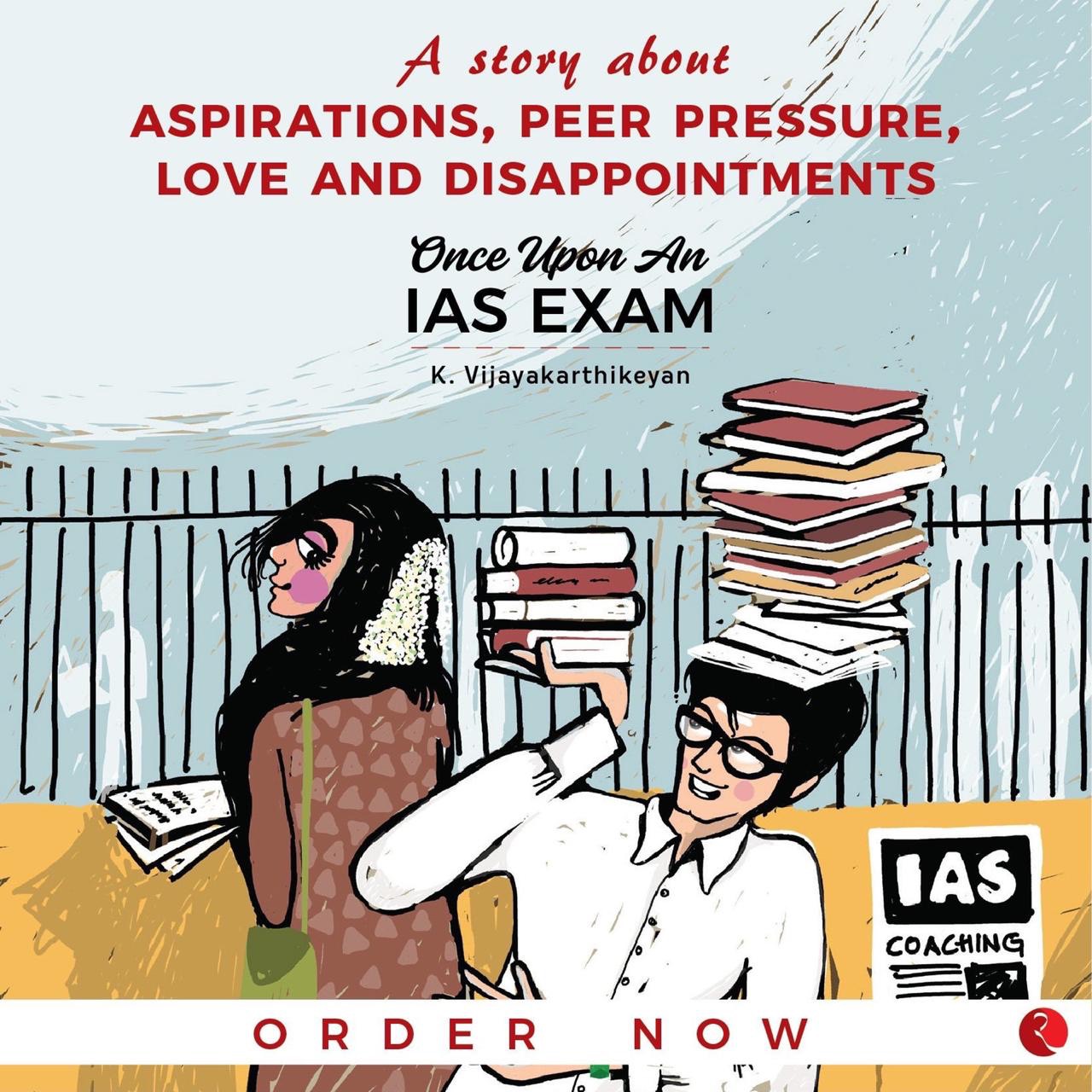
When asked about what motivated him to put in the hard work, he says, “In my first attempt, I did not clear the examination, and that acted as a motivation to do better. Until then, I had not met with any significant failure, and therefore, it was a time I spent in introspecting and gathering my thoughts to do better.”
He continues, “I thought it would be a good idea to share my experience with future aspirants, but in a fictionalised format that holds more appeal than a memoir or a biography.”
In his book, Dr Vijaykarthikeyan also writes about the bustling world of IAS coaching centres.
Here’s an excerpt from the book:
Coaching centre #1:
‘Full or part?’ asked the receptionist.
‘Full-time course only,’ said Vishy.
‘I asked about the payment—full payment or part?’
‘Full payment,’ said Vishy, with the confidence of 10,000 rupees in his pocket.
‘Ok. Full payment would cost you Rs 1,32,000, including taxes.’
‘Please excuse me, this is a Civil Services exam coaching centre only, no?’
‘Yes,’ replied the receptionist with a grin and a stare.
‘Don’t you think this amount is a little too much?’
‘Sir, Rs 50,000 is for the Optional Subject, Rs 50,000 is for general Studies, Rs 20,000 is for Test Series, and the rest is tax. Even kindergarten seats cost Rs 20,000, Sir, you are going to become an IAS officer, then what?’ replied the receptionist.
‘Okay, I’ll get back to you later!’
Vishy quickly walked away from the first coaching centre.
There are some ingenious people who clear the examination in one attempt while many give up after an attempt or two and look for alternate careers.
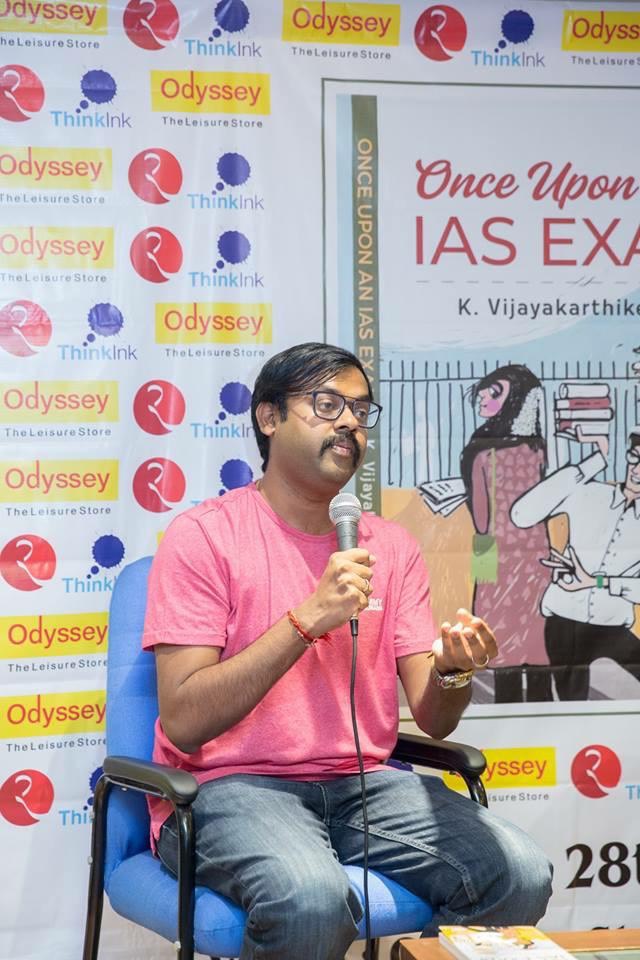
In writing the book, Dr Vijaykarthikeyan gives us a peek into what it’s like for those who spend a considerable portion of their youth preparing for these examinations.
If you’d like to read the book, do check out this link.
(Edited by Shruti Singhal)
You May Also Like: From Bicycle Mechanic to IAS Officer: Varunkumar’s Story is Truly Incredible!
Like this story? Or have something to share?
Write to us: [email protected]
Connect with us on Facebook and Twitter.
This story made me
-
97
-
121
-
89
-
167
Tell Us More
If you found our story insightful, informative, or even just enjoyable, we invite you to consider making a voluntary payment to support the work we do at The Better India. Your contribution helps us continue producing quality content that educates, inspires, and drives positive change.
Choose one of the payment options below for your contribution-
By paying for the stories you value, you directly contribute to sustaining our efforts focused on making a difference in the world. Together, let's ensure that impactful stories continue to be told and shared, enriching lives and communities alike.
Thank you for your support. Here are some frequently asked questions you might find helpful to know why you are contributing?






